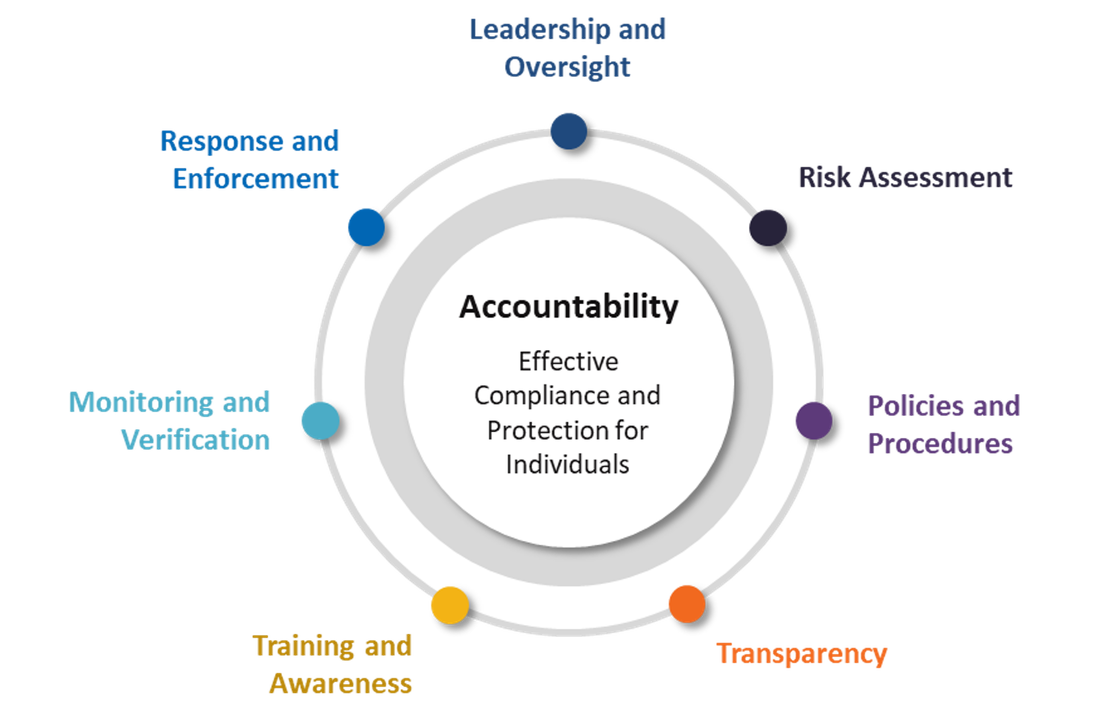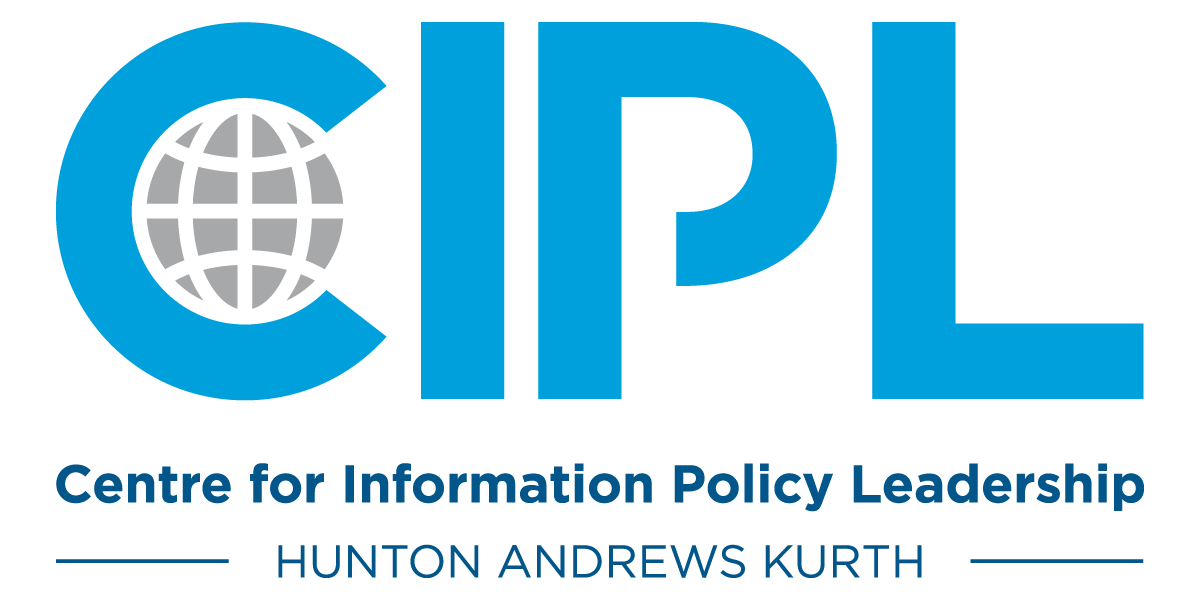
Since its inception over a century ago, International Women’s Day has been centered on the fight for equal rights and opportunities for women. The United Nations’ theme for International Women’s Day 2023 is “DigitALL—Innovation and Technology for Gender Equality,” underscoring the foundational role of technology and data policies in achieving justice and equity for the world’s women – and CIPL could not agree more.
We have much work to do. Gender inequities have been present from the earliest days of privacy’s conception in European and European-inspired legal systems. As Eva Blum-Dumontet noted at a March 6 Global Privacy Assembly Dialogue on Integrating a Gender Perspective into Privacy and Data Privacy, privacy was historically linked to property rights, from which women and minority groups were often systematically excluded.[1] Numerous privacy harms continue to fall disproportionately on women:
Organizations must also adopt and implement accountability frameworks through which they actively assess and mitigate risks to individuals, provide transparency on their practices to stakeholders, and monitor and verify for effectiveness on an ongoing basis. It is essential that accountability frameworks explicitly incorporate into their risk assessments screening for disproportionate impacts on women. It is equally important to have gender- (and otherwise) diverse teams involved in carrying out these risk assessments to recognise and mitigate harmful gender-based risks and impacts.
Figure 1. The CIPL Accountability Framework
Source: CIPL
Legislation can also help advance just data policies for women. In the United States, CIPL has been advocating for comprehensive federal privacy legislation. The Brookings Institution’s Cam Kerry notes that when crafted well, such legislation can play at least as strong a role in protecting women’s privacy as more narrowly-focused bills.
The road still left to travel to greater justice and equity for women—across our societies, and with respect to data practices specifically—remains a long one. But responsible data practices, and frameworks and policies to support their adoption, are essential to help us complete the journey.
[1] GPA, “Urgent to Promote Measures to Eradicate Violations of the Right to Privacy in the Digital Age, Which Affect Women”, posted on Twitter at: https://twitter.com/PrivacyAssembly/status/1632978081185931264?s=20.
[2] Danielle Citron, The Fight for Privacy, 2022, xvi and 14 .
[3] See, for example, the recent Federal Trade Commission action against BetterHelp: FTC to Ban BetterHelp from Revealing Consumers’ Data, Including Sensitive Mental Health Information, to Facebook and Others for Targeted Advertising | Federal Trade Commission
[4] Anya Prince, “Reproductive Health Surveillance,” Boston College Law Review (forthcoming), Reproductive Health Surveillance by Anya Prince :: SSRN
We have much work to do. Gender inequities have been present from the earliest days of privacy’s conception in European and European-inspired legal systems. As Eva Blum-Dumontet noted at a March 6 Global Privacy Assembly Dialogue on Integrating a Gender Perspective into Privacy and Data Privacy, privacy was historically linked to property rights, from which women and minority groups were often systematically excluded.[1] Numerous privacy harms continue to fall disproportionately on women:
- Women are far and away the most frequent victims of “intimate privacy” violations, as privacy scholar Danielle Citron noted in her 2022 book The Fight for Privacy:
- Women are disproportionately exposed to data privacy risks associated with increasingly popular online health apps and related services; Citron notes that women and girls use them 75 percent more than men and boys. [2] These services are receiving increased scrutiny from regulators and enforcement authorities for failing to keep data safe and deceiving customers about their data practices.[3]
- In the United States, concerns about the privacy and security of women’s reproductive health data have increased in the wake of the U.S. Supreme Court’s Dobbs decision finding that the right to an abortion is not protected under the U.S. Constitution.[4] In Florida, the governing body for high school sports recently attempted to make questions on female students’ menstrual cycles on its medical forms mandatory – this was dropped after an outcry over privacy concerns.
Organizations must also adopt and implement accountability frameworks through which they actively assess and mitigate risks to individuals, provide transparency on their practices to stakeholders, and monitor and verify for effectiveness on an ongoing basis. It is essential that accountability frameworks explicitly incorporate into their risk assessments screening for disproportionate impacts on women. It is equally important to have gender- (and otherwise) diverse teams involved in carrying out these risk assessments to recognise and mitigate harmful gender-based risks and impacts.
Figure 1. The CIPL Accountability Framework
Source: CIPL
Legislation can also help advance just data policies for women. In the United States, CIPL has been advocating for comprehensive federal privacy legislation. The Brookings Institution’s Cam Kerry notes that when crafted well, such legislation can play at least as strong a role in protecting women’s privacy as more narrowly-focused bills.
The road still left to travel to greater justice and equity for women—across our societies, and with respect to data practices specifically—remains a long one. But responsible data practices, and frameworks and policies to support their adoption, are essential to help us complete the journey.
[1] GPA, “Urgent to Promote Measures to Eradicate Violations of the Right to Privacy in the Digital Age, Which Affect Women”, posted on Twitter at: https://twitter.com/PrivacyAssembly/status/1632978081185931264?s=20.
[2] Danielle Citron, The Fight for Privacy, 2022, xvi and 14 .
[3] See, for example, the recent Federal Trade Commission action against BetterHelp: FTC to Ban BetterHelp from Revealing Consumers’ Data, Including Sensitive Mental Health Information, to Facebook and Others for Targeted Advertising | Federal Trade Commission
[4] Anya Prince, “Reproductive Health Surveillance,” Boston College Law Review (forthcoming), Reproductive Health Surveillance by Anya Prince :: SSRN

 RSS Feed
RSS Feed

